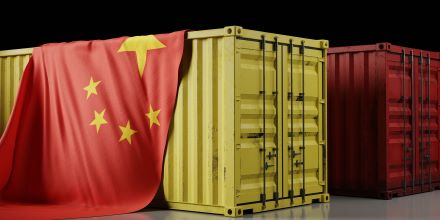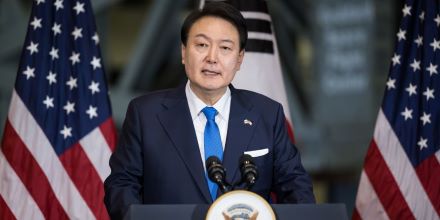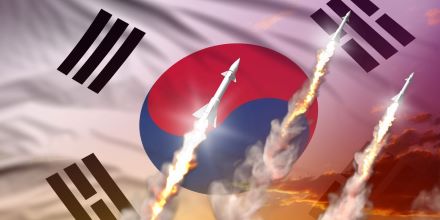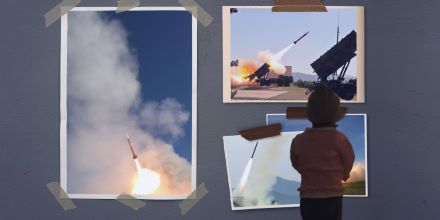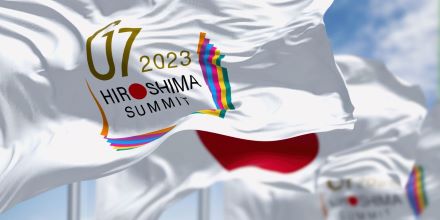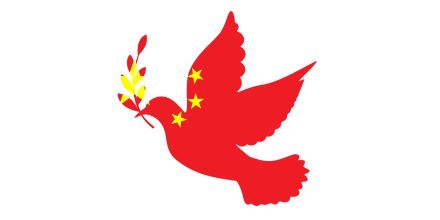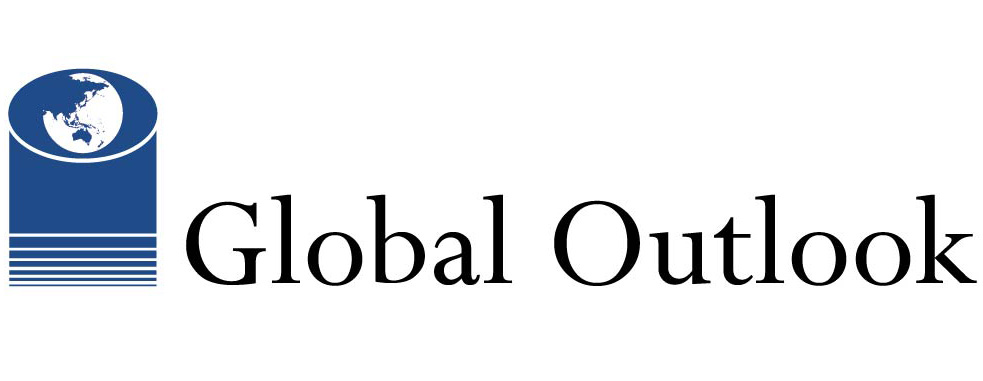
Curated expert opinion on intractable contemporary issues
Global Outlook: Peace and Security in Northeast Asia
De-Risking, Not De-Coupling: Is It More Than A Smart Shift In Terminology?
By Herbert Wulf | 26 May, 2023
How to deal with China? The Western industrialised countries have been trying for some time to find a convincing China strategy. The seven major economic powers that make up the G7 agree that it is not a matter of de-coupling economically from China, but of avoiding risks and reducing dependencies. This strategy is now referred to by the catchy Anglo-Saxon term "de-risking".
Whom Does the Shift from Asia-Pacific to Indo-Pacific Serve?
By Chung-in Moon | 16 May, 2023
Dramatic changes in a regional order take place as the result of large wars between great powers or internal political changes to these powers, like revolutions. What strikes me as so peculiar is that the Indo-Pacific strategy—first proposed by former Japanese Prime Minister Shinzo Abe and then elaborated by US Presidents Donald Trump and Joe Biden—and the resulting new order in the region have emerged as a predominant paradigm in such a short time, even as the previous Asia-Pacific order remains intact.
Nuclear Weapons May Not Be In Seoul’s Best Interest
By Ramesh Thakur
| 15 May, 2023
In January this year President Yoon Suk-yeol became the first incumbent South Korean president to raise the possibility of an indigenous bomb for South Korea. But going nuclear would likely hurt rather than enhance South Korea’s global prestige.
Nuclear Clouds Over the 38th Parallel
By Herbert Wulf | 11 May, 2023
North Korea has continued to advance its nuclear weapons program and has launched more than 100 missiles since the beginning of 2022, some with intercontinental range. In South Korea, this is causing unrest and fears of an attack from the North. The government and a large majority of the population are uncertain about the credibility of US protection. According to polls, more than 70 percent of South Koreans are in favour of their own nuclear armament.
Northeast Asian Rivalries Intensify Before G7
By Hugh Miall | 03 May, 2023
As the G7 prepares to meet in Hiroshima in May 2023, prospects for world order look bleaker than they have been for some time. Northeast Asia is a particular site of tensions. China, Japan, South Korea, and North Korea disagree over regional order, world order, and territorial issues. Military expenditure is rising rapidly and North Korea is consolidating its status as a nuclear power. The growing US-China rivalry dominates the region.
China is Reinventing Itself as a Peace Broker — How Will America Respond?
By Chung-in Moon | 31 March, 2023
The world consists of more players than the US’ allies and friends, and conflict and strife generally occur outside the US’ sphere of influence. That’s why China’s Global Security Initiative diplomacy could present a serious challenge to the US’ diplomatic leadership.
The views and opinions expressed in Global Outlook are those of the authors and do not necessarily reflect the official policy or position of Toda Peace Institute.
De-Risking, Not De-Coupling: Is It More Than A Smart Shift In Terminology?
By Herbert Wulf | 26 May, 2023
How to deal with China? The Western industrialised countries have been trying for some time to find a convincing China strategy. The seven major economic powers that make up the G7 agree that it is not a matter of de-coupling economically from China, but of avoiding risks and reducing dependencies. This strategy is now referred to by the catchy Anglo-Saxon term "de-risking".
Whom Does the Shift from Asia-Pacific to Indo-Pacific Serve?
By Chung-in Moon | 16 May, 2023
Dramatic changes in a regional order take place as the result of large wars between great powers or internal political changes to these powers, like revolutions. What strikes me as so peculiar is that the Indo-Pacific strategy—first proposed by former Japanese Prime Minister Shinzo Abe and then elaborated by US Presidents Donald Trump and Joe Biden—and the resulting new order in the region have emerged as a predominant paradigm in such a short time, even as the previous Asia-Pacific order remains intact.
Nuclear Weapons May Not Be In Seoul’s Best Interest
By Ramesh Thakur | 15 May, 2023
In January this year President Yoon Suk-yeol became the first incumbent South Korean president to raise the possibility of an indigenous bomb for South Korea. But going nuclear would likely hurt rather than enhance South Korea’s global prestige.
Nuclear Clouds Over the 38th Parallel
By Herbert Wulf | 11 May, 2023
North Korea has continued to advance its nuclear weapons program and has launched more than 100 missiles since the beginning of 2022, some with intercontinental range. In South Korea, this is causing unrest and fears of an attack from the North. The government and a large majority of the population are uncertain about the credibility of US protection. According to polls, more than 70 percent of South Koreans are in favour of their own nuclear armament.
Northeast Asian Rivalries Intensify Before G7
By Hugh Miall | 03 May, 2023
As the G7 prepares to meet in Hiroshima in May 2023, prospects for world order look bleaker than they have been for some time. Northeast Asia is a particular site of tensions. China, Japan, South Korea, and North Korea disagree over regional order, world order, and territorial issues. Military expenditure is rising rapidly and North Korea is consolidating its status as a nuclear power. The growing US-China rivalry dominates the region.
China is Reinventing Itself as a Peace Broker — How Will America Respond?
By Chung-in Moon | 31 March, 2023
The world consists of more players than the US’ allies and friends, and conflict and strife generally occur outside the US’ sphere of influence. That’s why China’s Global Security Initiative diplomacy could present a serious challenge to the US’ diplomatic leadership.
The views and opinions expressed in Global Outlook are those of the authors and do not necessarily reflect the official policy or position of Toda Peace Institute.
